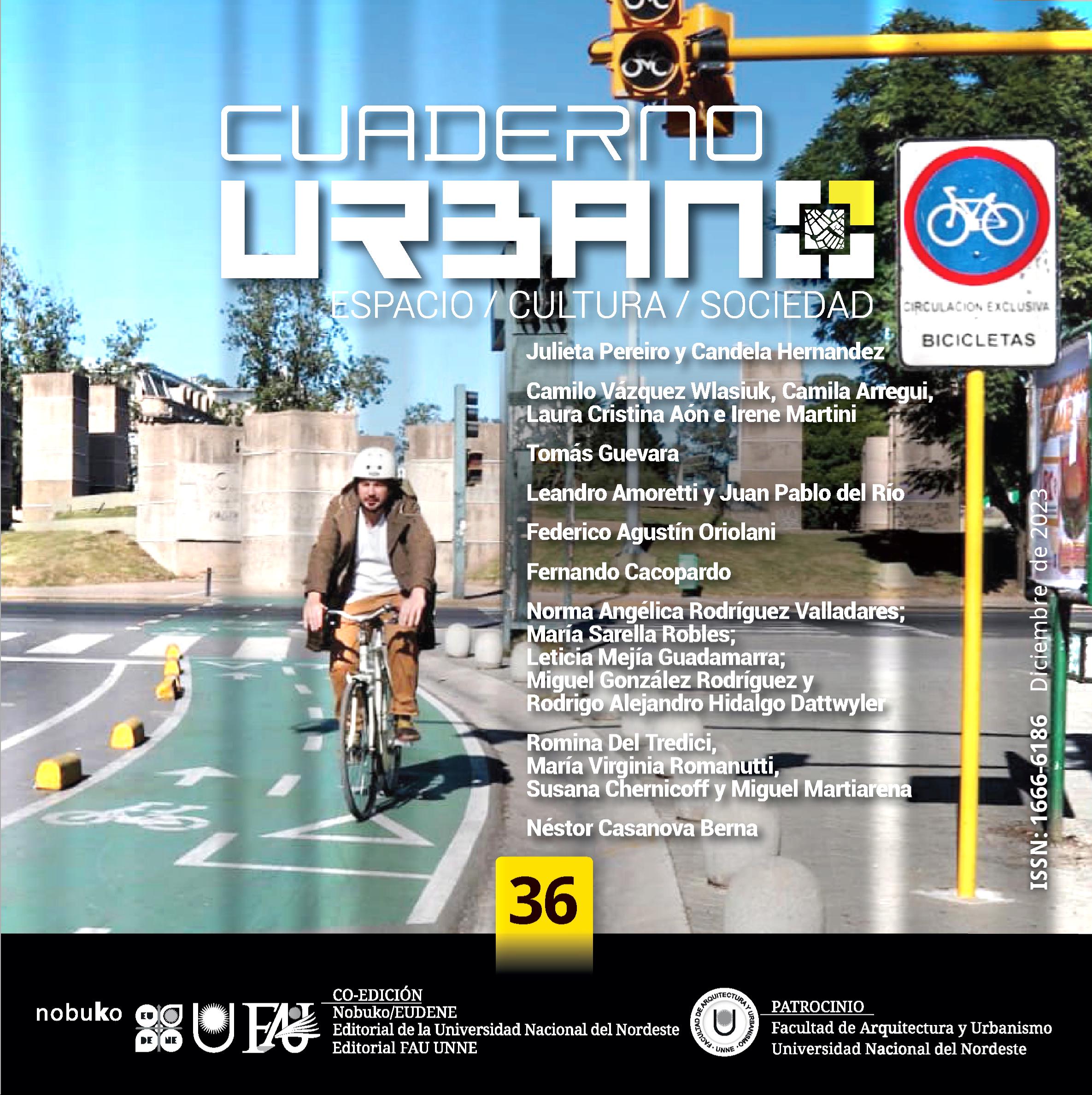Management technology and popular urbanization: local networks as support public policies
DOI:
https://doi.org/10.30972/crn.36367227Keywords:
Social technology, popular urbanization, water availability, public politicsAbstract
The problem of water availability in popular neighborhoods is part of a broader issue of the struggles for urbanization in contexts of poverty in Latin America. This experience of research and development in two blocks of the Fray Luis Beltrán (Las Dalias) neighborhood in the city of Mar del Plata is an eloquent testimony of collaborative and cross-sectional management with an active participation of the neighbors to solve the problem. Within the framework of “social technology”, this article is a contribution to some questions and theoretical issues to the field of technology in collaborative processes of “popular urbanization.” This case is of special interest for three reasons: as an emergent of the activism of popular groups, outside of state and market mechanisms; as the display of a series of social strategies of survival that show the possible interstices of the system (both institutional and non-institutional), in order to get resources to an essential material support for habitation and life; and, finally, as the promotion of another role for the university researcher in contexts of highly critical health and humanitarian situations, as a way of raising a case and proposing a solution.
Downloads
Downloads
Published
Issue
Section
License

This work is licensed under a Creative Commons Attribution-NonCommercial-ShareAlike 4.0 International License.
CUADERNO URBANO sustains its commitment to the Open Access policies for scientific information, on account of the fact that both scientific publications and public funded research must circulate freely on the Internet and without restrictions.
CUADERNO URBANO ratifies the Open Access model in which the contents of scientific publications are available in full text free of charge on the Internet, without temporary embargoes, and whose editorial production costs are not transferred to the authors. This policy proposes breaking down the economic barriers that generate inequities both in access to information and in the publication of research results.





.jpg)








